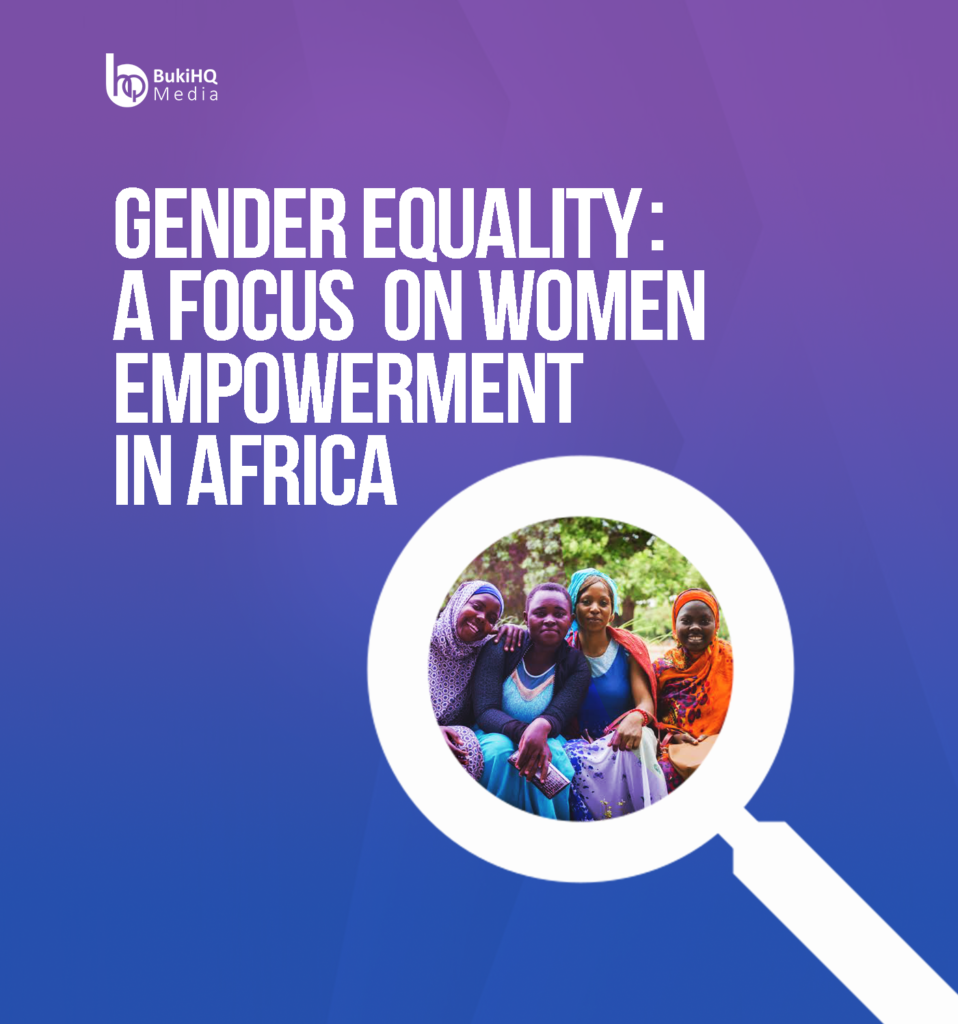
As it is with many developing countries, the movement toward women’s empowerment in Africa is gradually gaining ground. Many communities still abide by the traditional family roles of women with three out of four households run by men. In this family structure, it is usually the responsibility of the women to care for the family and provide all necessities such as food, shelter and clothing. However, the ideology of women empowerment supports the notion that an empowered woman who has access to education, will be able to meet the needs of her family more efficiently and effectively.
According to the Keeping Girls in School Act introduced in the Senate in 2017, educated girls are more likely to earn an income later in life. In sub-Saharan Africa, only 8 per cent of girls finish secondary school out of the 75 per cent of girls who were enrolled in primary education. Even fewer women will go on to higher education. This is due to early marriage as nearly 40 per cent of girls in sub-Saharan Africa are married before they reach the age of 18, often prompting them to drop out of school. Several African countries have reported that between 10 and 30 per cent of girls who dropped out of school did so because of early marriage. With these predominant challenges facing the female gender in Africa and beyond, how then can we think of a developed continent?
Despite the gender gap, there are promising signs of women’s empowerment in Africa. Non-governmental organizations like the Children’s Investment Fund Foundation (CIFF) help promote girls’ access to education as well as support girls’ enrollment retention rates. While traditional expectations for women and girls are still upheld in many places, African leaders are making advances toward increasing the inclusion of more girls in schools.
Moreover, in 2018, the African Union Commission (AUC), U.N. Women Ethiopia and the International Telecommunication Union (ITU) introduced the African Girls Can CODE Initiative (AGCCI), a four-year program designed to teach young girls about digital literacy, coding and personal development as well as provide comprehensive information and communication technology (ICT) training.
As the percentage of educated women rises, so does the percentage of women in the workforce which results in a positive development in ensuring gender equality in society. As the fight to end poverty continues, women’s empowerment in Africa becomes an increasingly paramount issue. Many governments, foreign and private organizations are working to promote awareness, create equal access to resources and support women who are stepping out of their traditional roles. With promising initiatives that support women in business and technology fields, Africa has begun its long but positive journey toward women’s empowerment.
Written by Chisom Ezeneche

